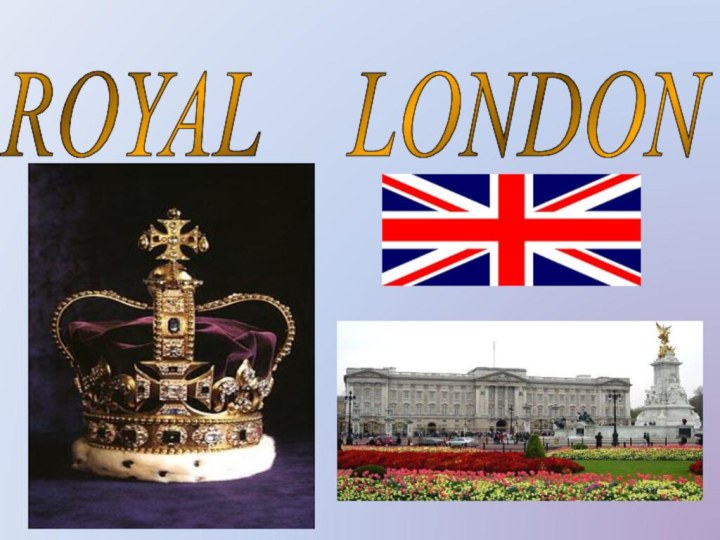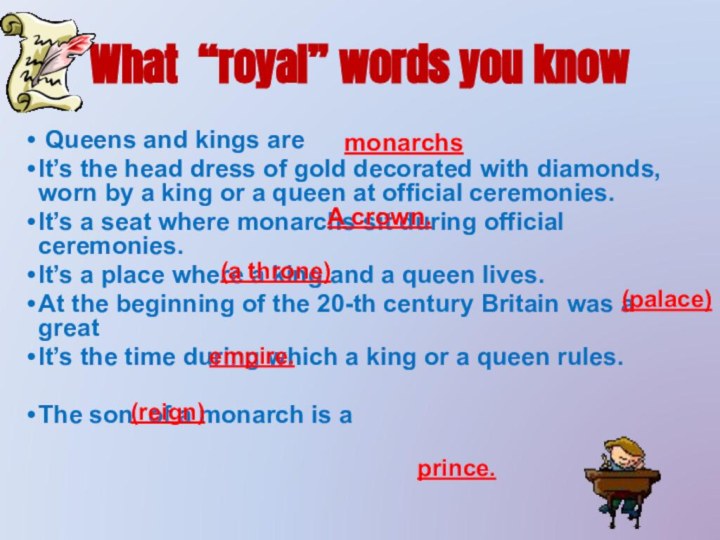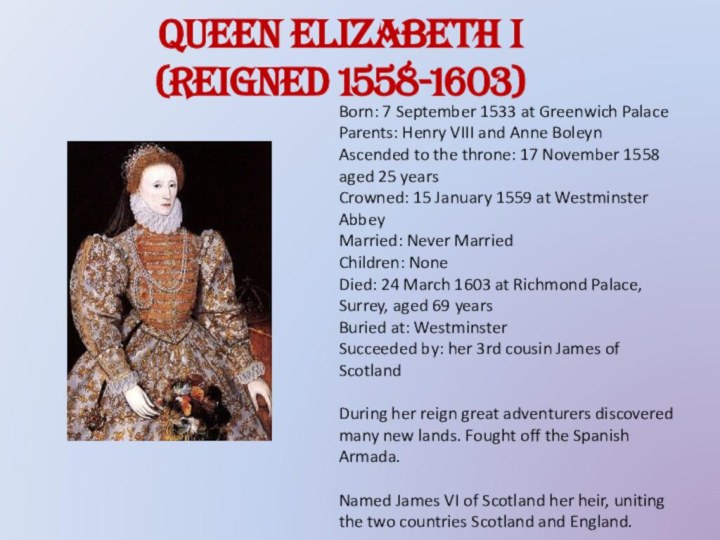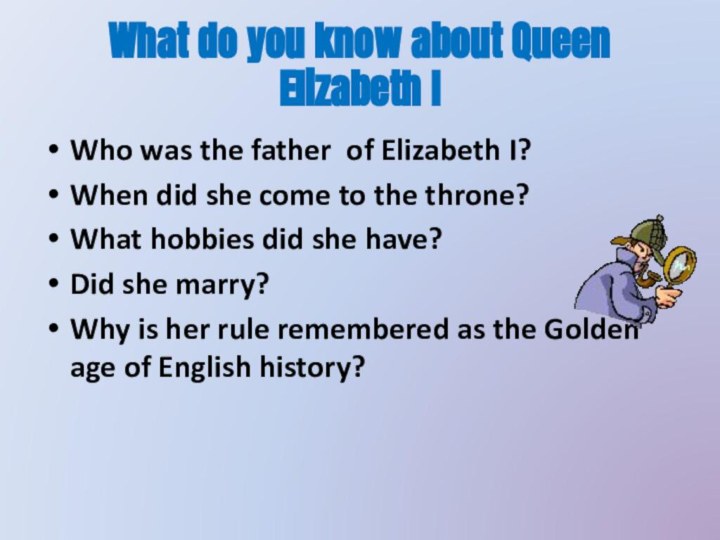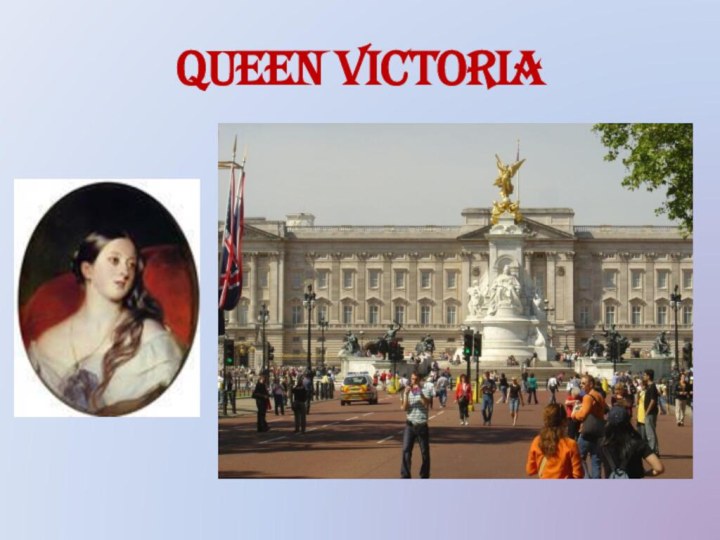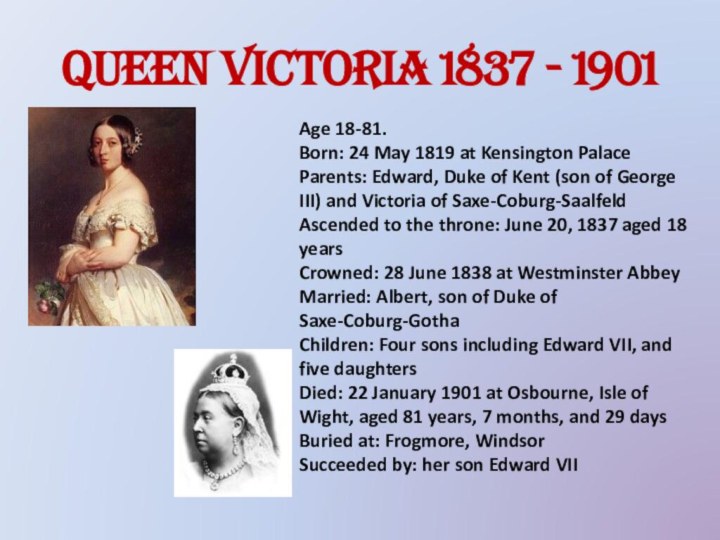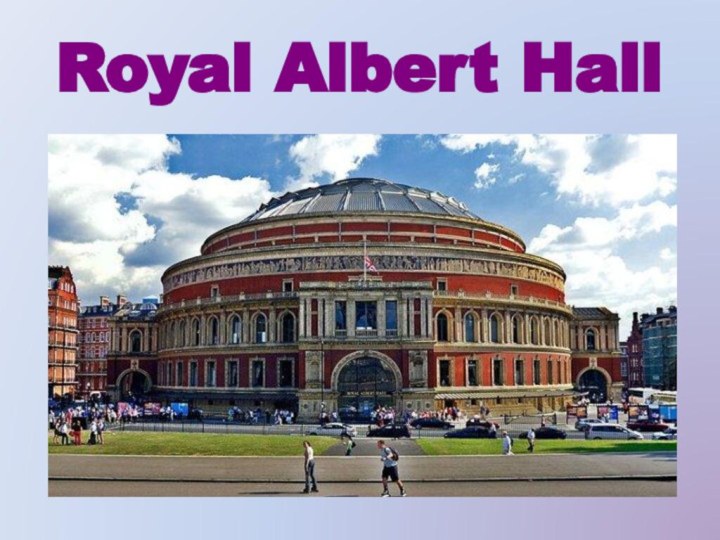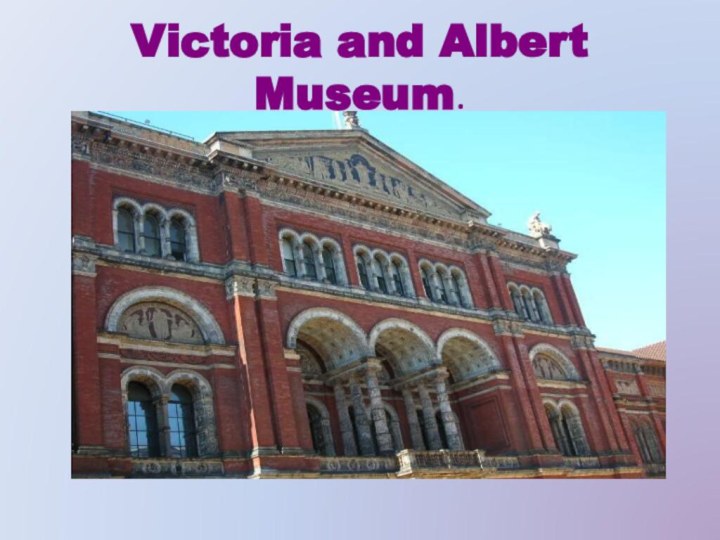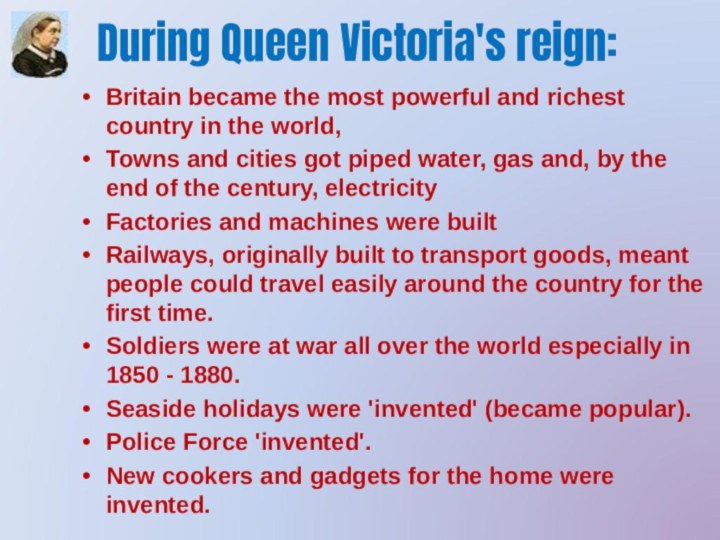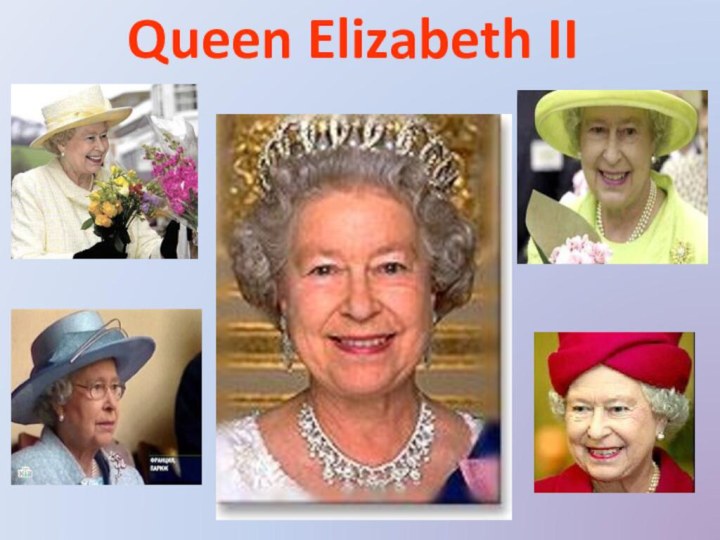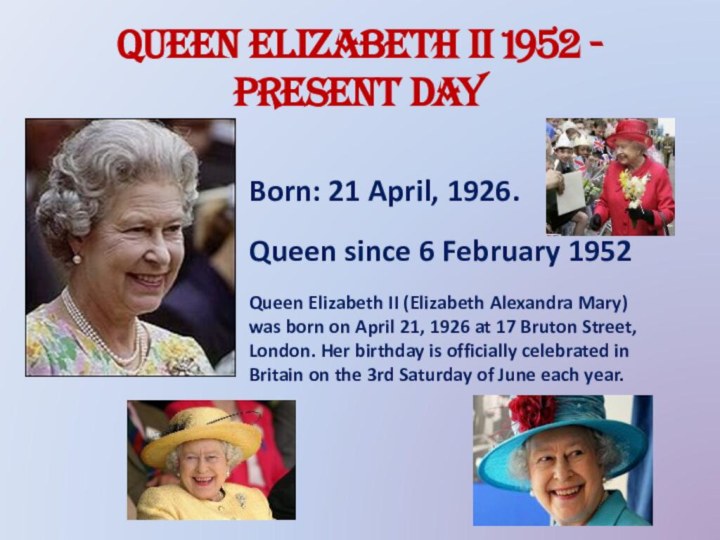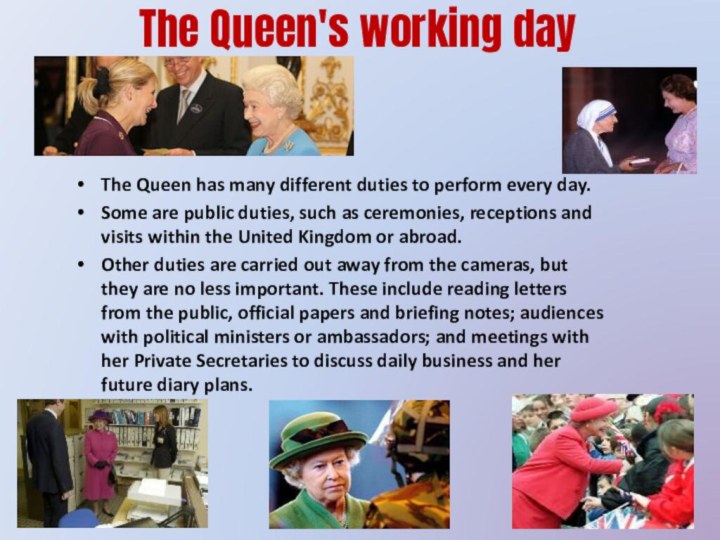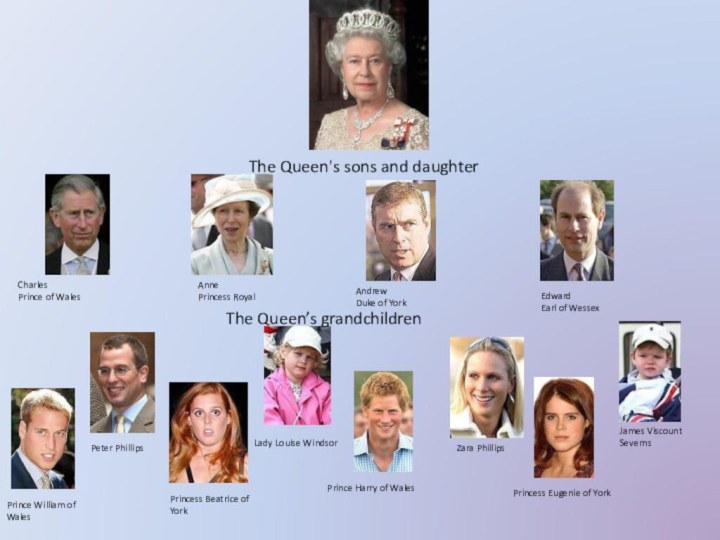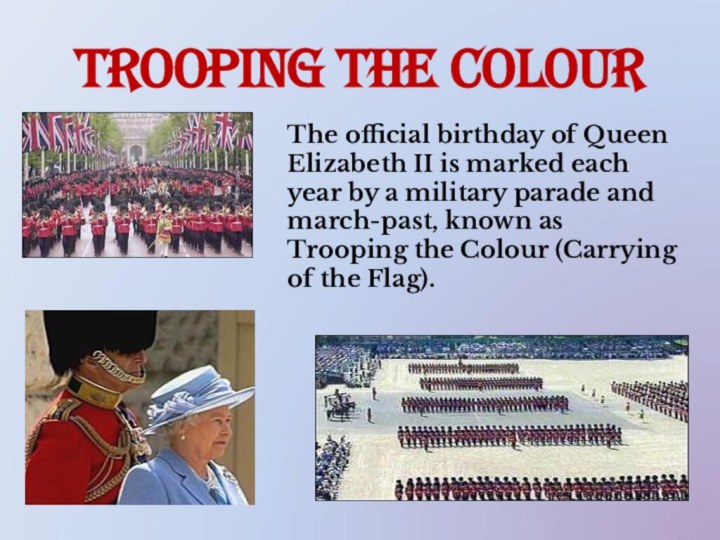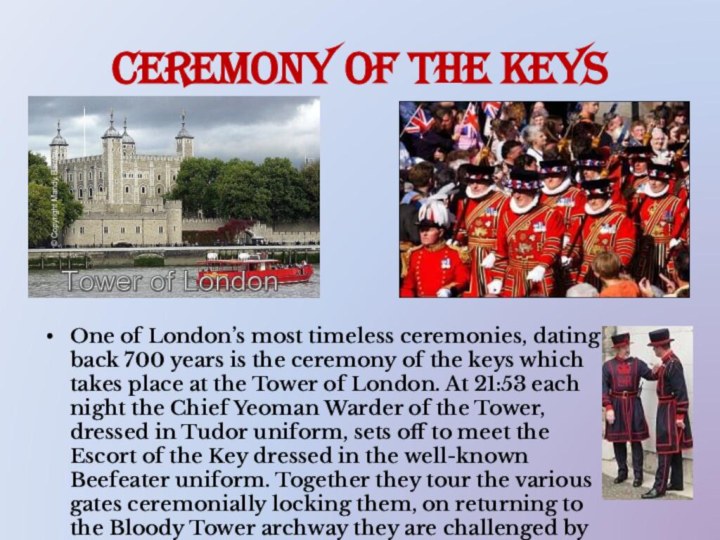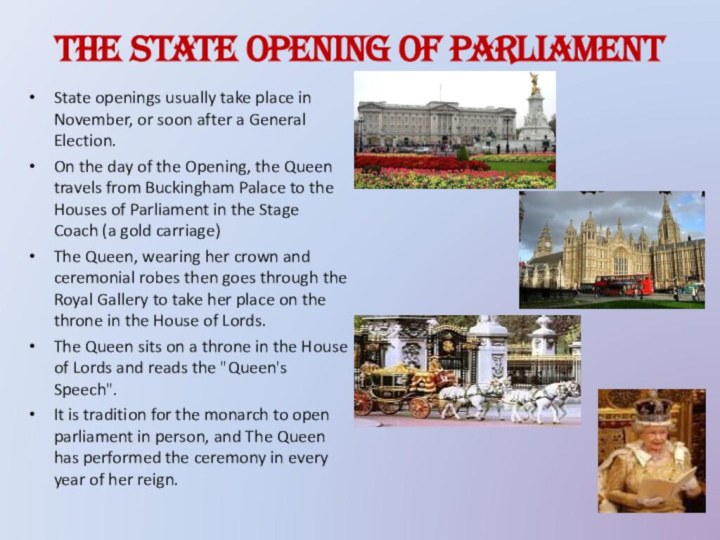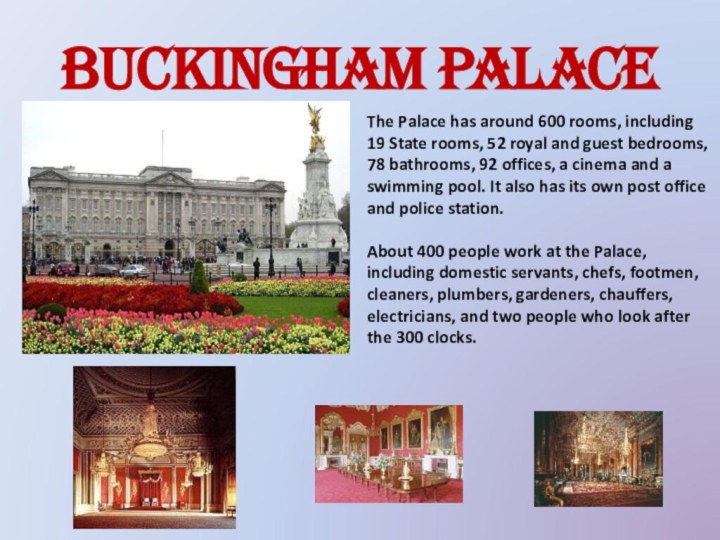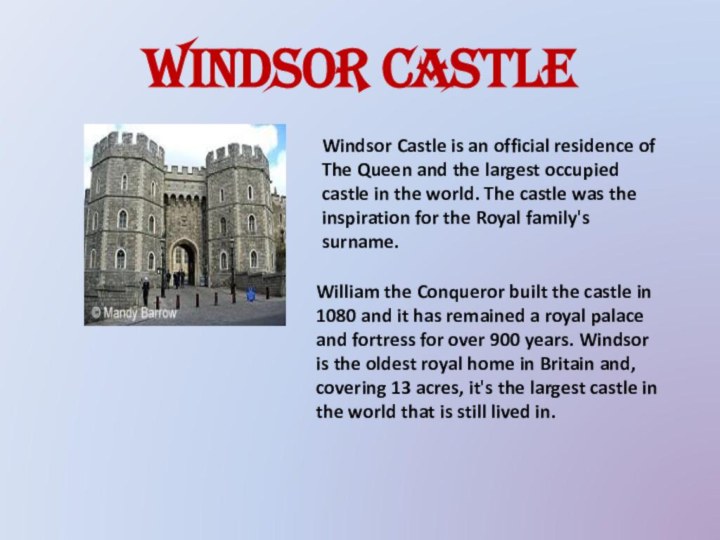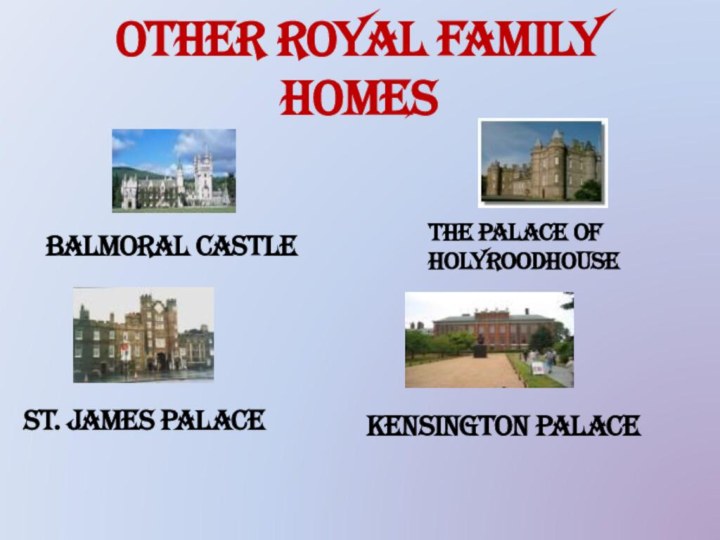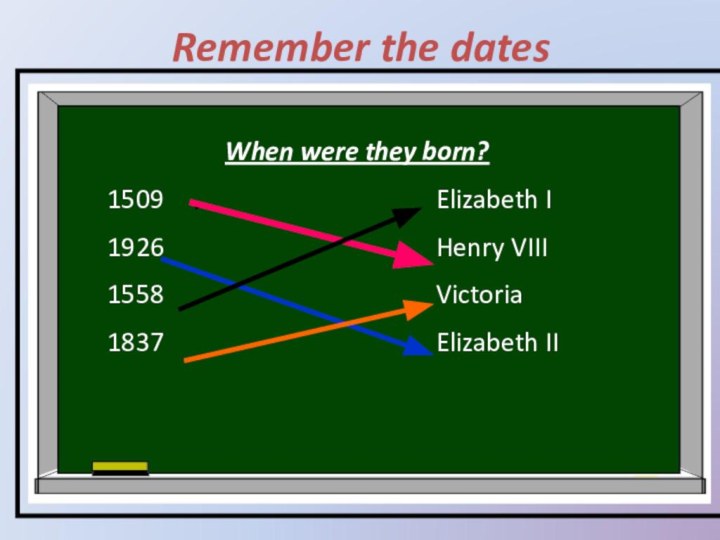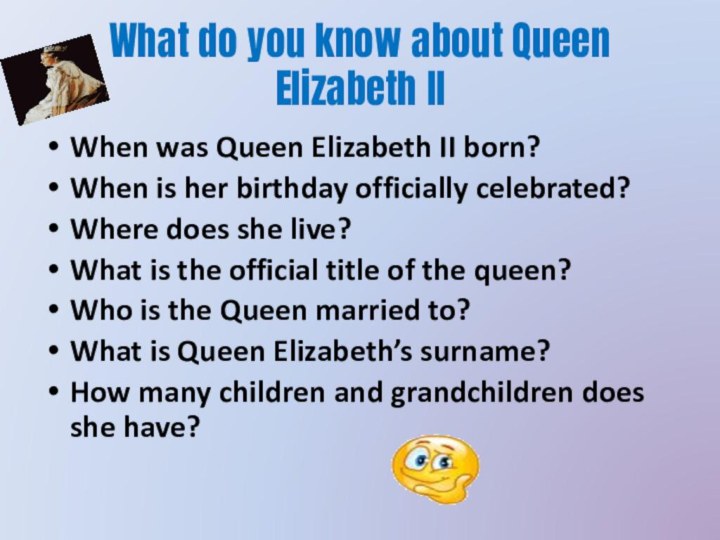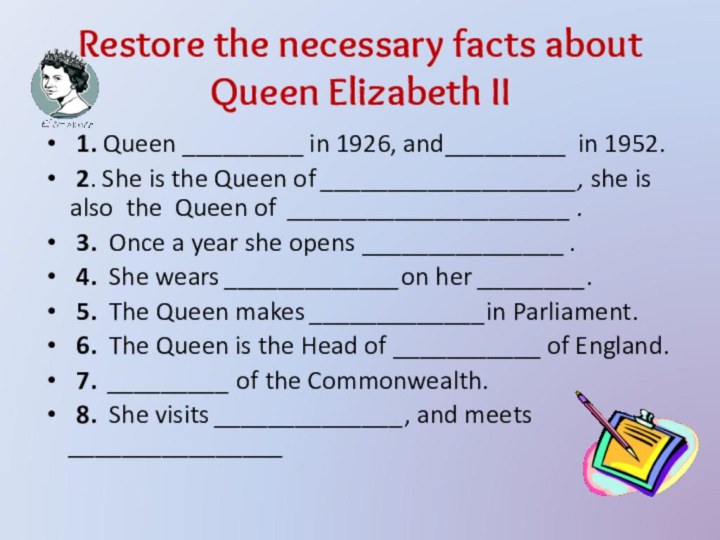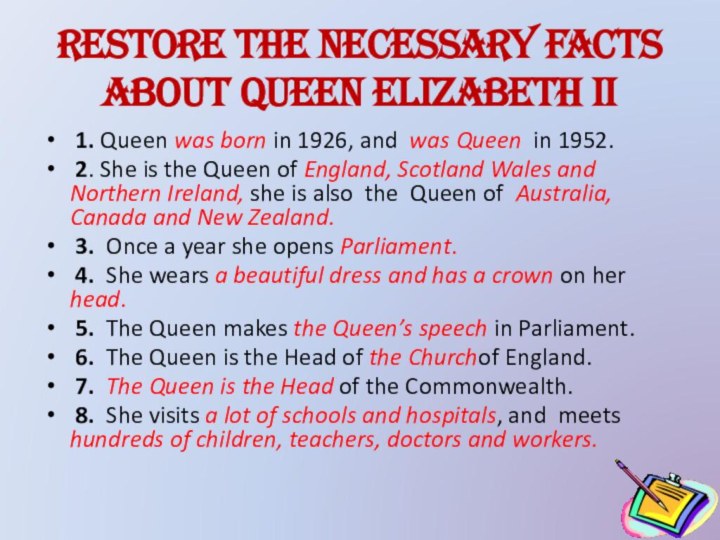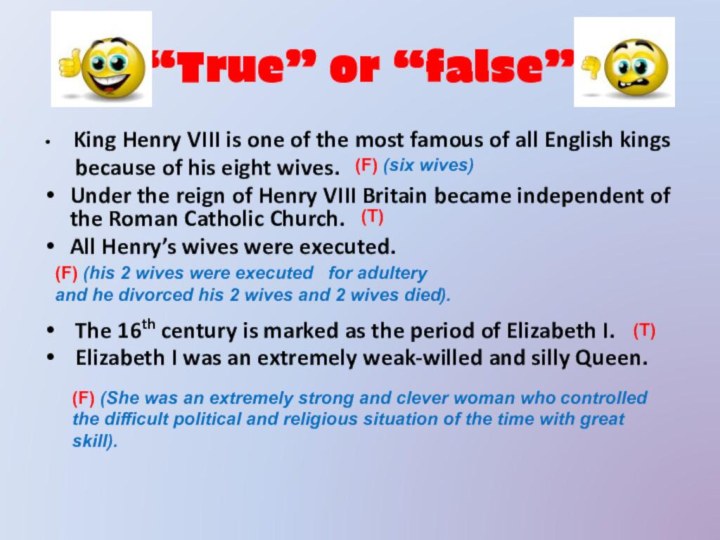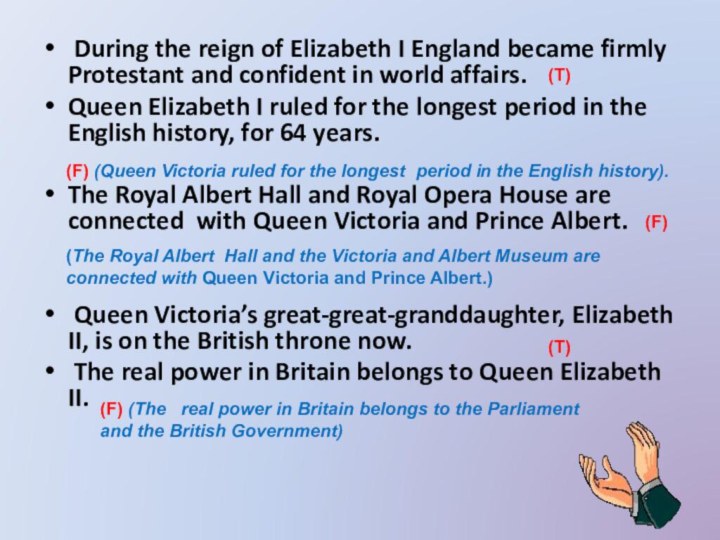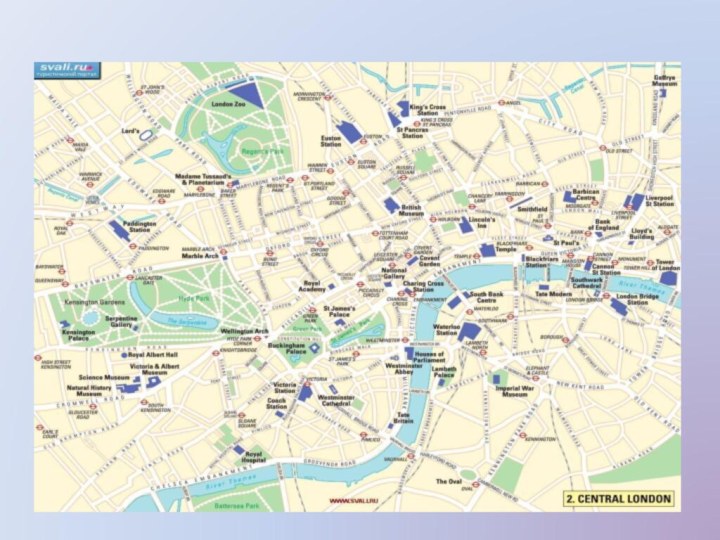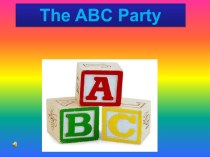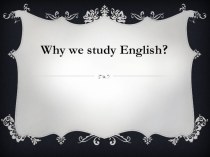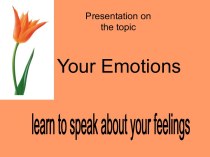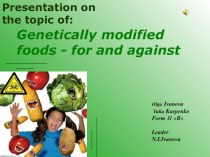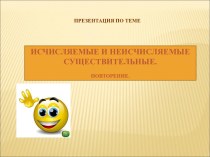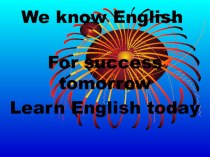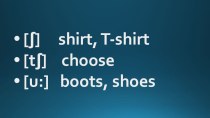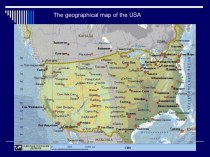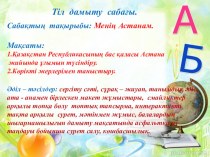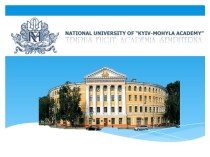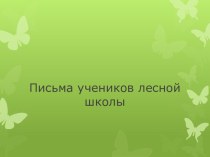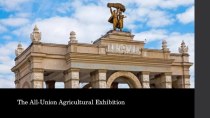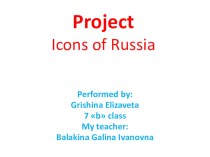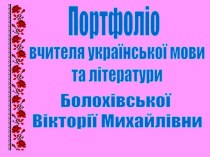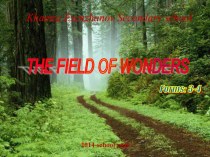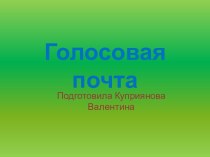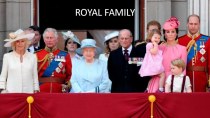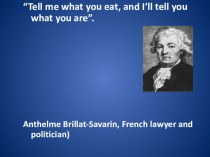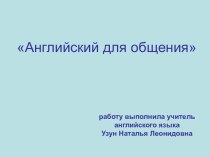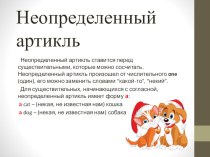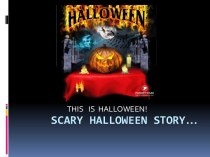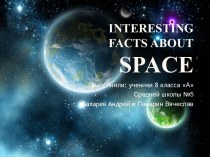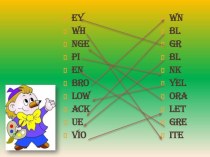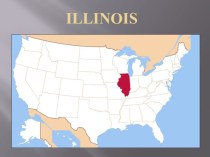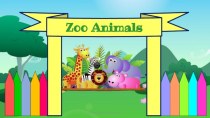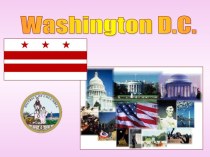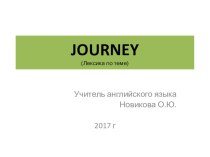Слайд 2
What “royal” words you know
Queens and kings
are
It’s the head dress of gold decorated with diamonds,
worn by a king or a queen at official ceremonies.
It’s a seat where monarchs sit during official ceremonies.
It’s a place where a king and a queen lives.
At the beginning of the 20-th century Britain was a great
It’s the time during which a king or a queen rules.
The son of a monarch is a
monarchs
A crown.
(a throne)
(palace)
empire.
(reign)
prince.
Слайд 3
Queen Elizabeth I
(reigned 1558-1603)
Born: 7 September 1533
at Greenwich Palace
Parents: Henry VIII and Anne Boleyn
Ascended to
the throne: 17 November 1558 aged 25 years
Crowned: 15 January 1559 at Westminster Abbey
Married: Never Married
Children: None
Died: 24 March 1603 at Richmond Palace, Surrey, aged 69 years
Buried at: Westminster
Succeeded by: her 3rd cousin James of Scotland
During her reign great adventurers discovered many new lands. Fought off the Spanish Armada.
Named James VI of Scotland her heir, uniting the two countries Scotland and England.
Слайд 4
What do you know about Queen Elizabeth I
Who was the father of Elizabeth I?
When did she
come to the throne?
What hobbies did she have?
Did she marry?
Why is her rule remembered as the Golden age of English history?
Слайд 6
Queen Victoria 1837 - 1901
Age 18-81.
Born: 24
May 1819 at Kensington Palace
Parents: Edward, Duke of Kent
(son of George III) and Victoria of Saxe-Coburg-Saalfeld
Ascended to the throne: June 20, 1837 aged 18 years
Crowned: 28 June 1838 at Westminster Abbey
Married: Albert, son of Duke of Saxe-Coburg-Gotha
Children: Four sons including Edward VII, and five daughters
Died: 22 January 1901 at Osbourne, Isle of Wight, aged 81 years, 7 months, and 29 days
Buried at: Frogmore, Windsor
Succeeded by: her son Edward VII
Слайд 8
Victoria and Albert Museum.
Слайд 9
During Queen Victoria's reign:
Britain became the most powerful
and richest country in the world,
Towns and cities
got piped water, gas and, by the end of the century, electricity
Factories and machines were built
Railways, originally built to transport goods, meant people could travel easily around the country for the first time.
Soldiers were at war all over the world especially in 1850 - 1880.
Seaside holidays were 'invented' (became popular).
Police Force 'invented'.
New cookers and gadgets for the home were invented.
Слайд 11
Queen Elizabeth II 1952 - present day
Born: 21
April, 1926.
Queen since 6 February 1952
Queen Elizabeth II
(Elizabeth Alexandra Mary) was born on April 21, 1926 at 17 Bruton Street, London. Her birthday is officially celebrated in Britain on the 3rd Saturday of June each year.
Слайд 12
The Queen's working day
The Queen has many different
duties to perform every day.
Some are public duties,
such as ceremonies, receptions and visits within the United Kingdom or abroad.
Other duties are carried out away from the cameras, but they are no less important. These include reading letters from the public, official papers and briefing notes; audiences with political ministers or ambassadors; and meetings with her Private Secretaries to discuss daily business and her future diary plans.
Слайд 13
The Queen's sons and daughter
Charles
Prince of Wales
Anne
Princess Royal
Andrew
Duke
of York
Edward
Earl of Wessex
Prince William of Wales
Peter Phillips
Princess Beatrice
of York
Prince Harry of Wales
Zara Phillips
Princess Eugenie of York
Lady Louise Windsor
James Viscount Severns
The Queen’s grandchildren
Слайд 14
Trooping the Colour
The official birthday of Queen Elizabeth
II is marked each year by a military parade
and march-past, known as Trooping the Colour (Carrying of the Flag).
Слайд 15
Ceremony of the Keys
One of London’s most timeless
ceremonies, dating back 700 years is the ceremony of
the keys which takes place at the Tower of London. At 21:53 each night the Chief Yeoman Warder of the Tower, dressed in Tudor uniform, sets off to meet the Escort of the Key dressed in the well-known Beefeater uniform. Together they tour the various gates ceremonially locking them, on returning to the Bloody Tower archway they are challenged by a sentry.
Слайд 16
The State Opening of Parliament
State openings usually take
place in November, or soon after a General Election.
On the day of the Opening, the Queen travels from Buckingham Palace to the Houses of Parliament in the Stage Coach (a gold carriage)
The Queen, wearing her crown and ceremonial robes then goes through the Royal Gallery to take her place on the throne in the House of Lords.
The Queen sits on a throne in the House of Lords and reads the "Queen's Speech".
It is tradition for the monarch to open parliament in person, and The Queen has performed the ceremony in every year of her reign.
Слайд 17
Buckingham Palace
The Palace has around 600 rooms, including
19 State rooms, 52 royal and guest bedrooms, 78
bathrooms, 92 offices, a cinema and a swimming pool. It also has its own post office and police station.
About 400 people work at the Palace, including domestic servants, chefs, footmen, cleaners, plumbers, gardeners, chauffers, electricians, and two people who look after the 300 clocks.
Слайд 18
Windsor Castle
Windsor Castle is an official residence of
The Queen and the largest occupied castle in the
world. The castle was the inspiration for the Royal family's surname.
William the Conqueror built the castle in 1080 and it has remained a royal palace and fortress for over 900 years. Windsor is the oldest royal home in Britain and, covering 13 acres, it's the largest castle in the world that is still lived in.
Слайд 19
Other Royal Family Homes
Balmoral Castle
The Palace of
Holyroodhouse
Kensington
Palace
St. James Palace
Слайд 20
Remember the dates
When were they born?
1509
Elizabeth I
1926 Henry VIII
1558 Victoria
1837 Elizabeth II
Слайд 21
What do you know about Queen Elizabeth II
When
was Queen Elizabeth II born?
When is her birthday officially
celebrated?
Where does she live?
What is the official title of the queen?
Who is the Queen married to?
What is Queen Elizabeth’s surname?
How many children and grandchildren does she have?
Слайд 22
Restore the necessary facts about Queen Elizabeth II
1. Queen _________ in 1926, and_________ in 1952.
2.
She is the Queen of ___________________, she is also the Queen of _____________________ .
3. Once a year she opens _______________ .
4. She wears _____________on her ________.
5. The Queen makes _____________in Parliament.
6. The Queen is the Head of ___________ of England.
7. _________ of the Commonwealth.
8. She visits ______________, and meets ________________
Слайд 23
Restore the necessary facts about Queen Elizabeth II
1. Queen was born in 1926, and was Queen
in 1952.
2. She is the Queen of England, Scotland Wales and Northern Ireland, she is also the Queen of Australia, Canada and New Zealand.
3. Once a year she opens Parliament.
4. She wears a beautiful dress and has a crown on her head.
5. The Queen makes the Queen’s speech in Parliament.
6. The Queen is the Head of the Churchof England.
7. The Queen is the Head of the Commonwealth.
8. She visits a lot of schools and hospitals, and meets hundreds of children, teachers, doctors and workers.
Слайд 24
“True” or “false”
King Henry VIII is one
of the most famous of all English kings
because of his eight wives.
Under the reign of Henry VIII Britain became independent of the Roman Catholic Church.
All Henry’s wives were executed.
The 16th century is marked as the period of Elizabeth I.
Elizabeth I was an extremely weak-willed and silly Queen.
(F) (six wives)
(T)
(F) (his 2 wives were executed for adultery
and he divorced his 2 wives and 2 wives died).
(T)
(F) (She was an extremely strong and clever woman who controlled the difficult political and religious situation of the time with great skill).
Слайд 25
During the reign of Elizabeth I England
became firmly Protestant and confident in world affairs.
Queen
Elizabeth I ruled for the longest period in the English history, for 64 years.
The Royal Albert Hall and Royal Opera House are connected with Queen Victoria and Prince Albert.
Queen Victoria’s great-great-granddaughter, Elizabeth II, is on the British throne now.
The real power in Britain belongs to Queen Elizabeth II.
(T)
(F) (Queen Victoria ruled for the longest period in the English history).
(F)
(The Royal Albert Hall and the Victoria and Albert Museum are connected with Queen Victoria and Prince Albert.)
(T)
(F) (The real power in Britain belongs to the Parliament and the British Government)
